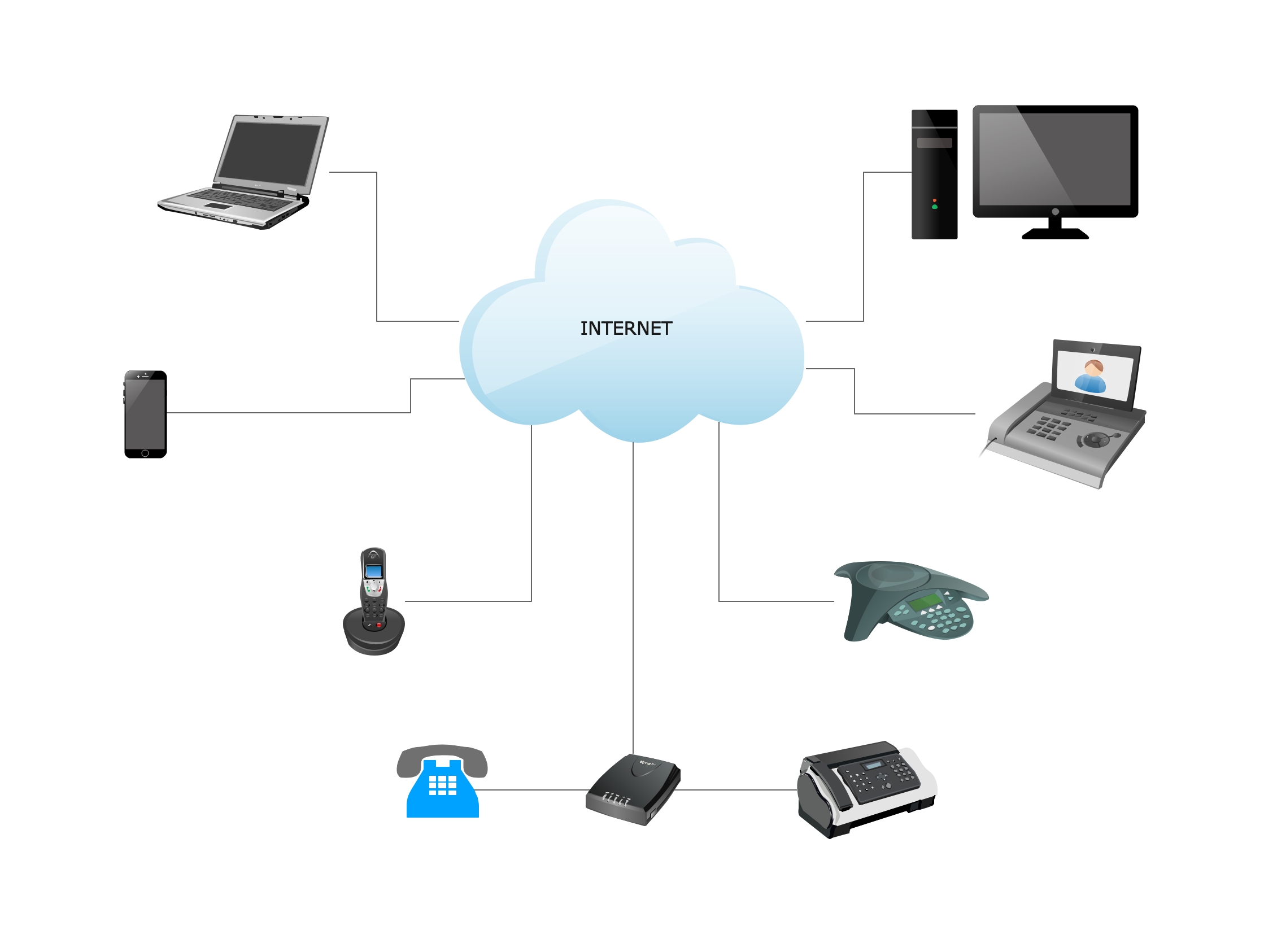 Modern VoIP systems are powerful communications tools. They help streamline workflows, improve client satisfaction and curb costs. In order to capitalize on the initial VoIP investment and get the most value possible, you must know your voip systems capabilities and understand how to use its tools properly. Most professionals focus keenly on their field with little or no thought about communications tools they use every day. Key features are often overlooked and sometimes making the time commitment for training isn’t seen as important as it should be.
Modern VoIP systems are powerful communications tools. They help streamline workflows, improve client satisfaction and curb costs. In order to capitalize on the initial VoIP investment and get the most value possible, you must know your voip systems capabilities and understand how to use its tools properly. Most professionals focus keenly on their field with little or no thought about communications tools they use every day. Key features are often overlooked and sometimes making the time commitment for training isn’t seen as important as it should be.
The Truth About Call Quality: It’s (Mostly) Not Your VoIP Provider
You’re on an important call when the audio suddenly garbles or cuts out. Annoying? Yes. But in most cases, your VoIP provider isn’t the problem—your network is. What Really Causes VoIP Call Issues? Research shows that over 90% of call quality problems originate from external factors, not VoIP providers. Here’s where issues usually stem from: … Read more





